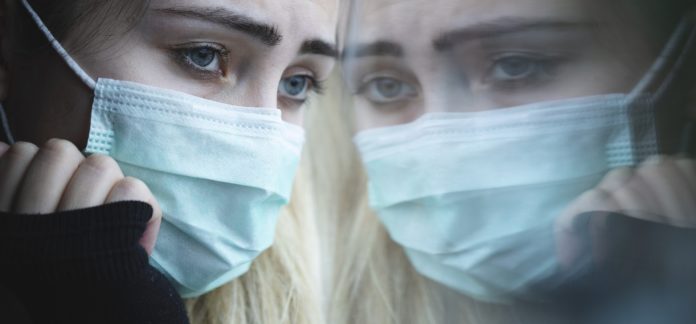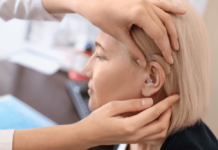As the world emerges from the COVID-19 pandemic, the transition is going to be longer than most of us thought. It is something that none of us have ever gone through. It’s no surprise that people are still having mental health issues that arose from the isolation, uncertainty, sickness, and despair. From depression and anxiety to schizophrenia and addiction, the results of extended lockdowns—the inability to see family and friends or do things we love—has had a significant effect on us all. Here are five ways to cope with your mental health post-pandemic.
Go at Your Own Pace
One of the most important things to keep in mind through this time is that there is no predetermined pace for how you should adapt to going back to some semblance of normalcy. People will feel comfortable at their own rate. Some are ready to go back to crowded, sweaty music festivals, while others still want to wear a mask for a while. The most important thing to keep in mind as COVID-19 gets more and more under control is that whatever you decide to do in the moment is okay. If you alleviate the pressure on yourself, your mental health will improve overall.
Take Time to Care for Yourself
During this time, you should routinely check in with yourself. How are you doing? What do you need? When you’re having anxiety, nothing is better for you than meditation. Meditation has shown incredible benefits for anxiety and depression. It helps you live in the moment and be mindful of what’s going on around you. As people go back to the rat race and their busy lives, it’s pivotal to remember to care for yourself. Take time alone and do what you need to do to keep yourself healthy and happy.
Mind Your Body
The body and mind are, of course, connected. To ensure that you are feeling your best mentally, you should also focus on yourself physically. This means eating well and exercising frequently. This can be difficult for people, but once you start working on making your body healthier you will feel better. In addition to a lean diet and frequent exercise, another thing to focus on is your sleep. When you’re asleep your body heals itself. That’s why it’s absolutely imperative to get enough sleep and make sure your body heals so that you can feel better in the day-to-day.
Socialize
After a long period of less socializing, a lot of people are lamenting that they forgot how to do it. Still, as we transition into a post-pandemic world, it’s a great idea to talk to people both about light things and the way you’re feeling. Socializing with friends and family in any way you can will alleviate stress and anxious feelings. You will begin to feel better as you connect with others again and work towards establishing a sense of normalcy in your life. It’s what we all need right now. There’s no substitute for legitimate connection.
Seek Professional Help
Whether you are struggling with depression, anxiety, or substance abuse, if you can’t seem to get better it may be time to seek professional help. The numbers of depressed and anxious people have, of course, gone up during this time. So have people struggling with alcoholism and drug abuse. With so much time and many worries during this period, it’s no wonder that people sought refuge in drugs and alcohol. If you are one of these people and can’t seem to stop drinking or doing drugs, seeking out professional help is always a great idea. It just may be what changes your life.
This is a strange, unprecedented time. We have learned about the COVID-19 virus, there are vaccines, and there’s no doubt that we will get a handle on this pandemic, but the emotional consequences remain. The initial hysteria was palpable. People have been worried about their health, their jobs, and the stability of their lives for over a year. These five tips won’t be the cure to all that ails us during this transitional period, but they will help. Whoever you are and wherever you’re at in this process, taking care of your mental health is pivotal. Don’t neglect it!

















